Red Bull Airrace
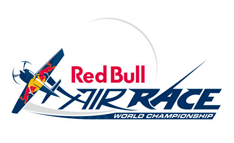
Red Bull Air Race World Championship
Small airplanes buzzing over the city; it’s the Red Bull Air Race. The race is an ‘air circus’ that travels around the globe. In this spectacular event the competing pilots have to navigate a challenging low-level aerial track in the fastest time. During the race the pilots fly at speeds reaching a dazzling 370 km/h (230 mph) facing forces up to 12G.
The Red Bull Air Race World Championship is an official World Championship, accredited by the FAI – The World Air Sports Federation.
Since it was officially launched, the Red Bull Air Race World Championship has become globally renowned as the fastest and most exhilarating motorsport on the planet.Devised by the Red Bull sports think-tank, the initial goal was to create the most advanced aerial challenge the world had ever seen; what has evolved into the Red Bull Air Race we know today has far exceeded any original expectations. It is a visual spectacle unlike any other. A combination of high speed, low altitude and extreme manoeuvrability make it only accessible to the world's most exceptional pilots.
14 pilots are competing in the Master Class category in eight races across the globe for the title of 2016 Red Bull Air Race World Champion. The objective is to navigate an aerial racetrack featuring air-filled pylons in the fastest possible time, incurring as few penalties as possible. Pilots can win World Championship points at each race and the pilot with the most points after the last race of the season becomes the Red Bull Air Race World Champion.
The standardised propulsion package – a high-performance, race-tuned standardised engine and standardised propellers – remains for 2016.
The Challenger Cup also returns for 2016, The Challenger Cup offers a new generation of talented pilots from around the world a chance to experience the thrills of the sport.
Eight outstanding pilots all from different nations will be racing for Challenger Cup points. The twin aims of the Challenger Cup are to give new pilots the chance to develop their low-altitude flying skills under racing conditions and thus further enhance the overall safety of the ultimate motorsport series in the sky.
Â
Red Bull Air Race World Championship in Rotterdam
Winner of the International Broadcasting Convention (IBC) award
Contribution of Aqua Events to the Red Bull Air Race World Championship
- Providing floating platforms with air-filled pylons, offshore barges or connectable barges as a base for the race course.
- Positioning of the platforms used in the race track with a GPS-system to guarantee accuracy and safety;
- Positioning of at least 32 anchors of 500 kg per race;
- Delivery and installment of submerged fiberoptic cables for cameras and audio;Â
- Responsible for logistics; the worldwide shipment of containers full of equipment;
- Developing and manufacturing of 3 tailor-made anchoring vessels to be able to work in shallow waters
- Contact with authorities (P.E. USCG) and a global and local network of suppliers;



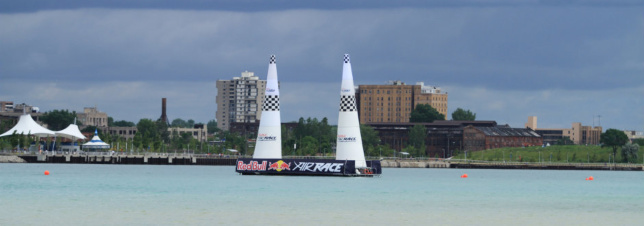
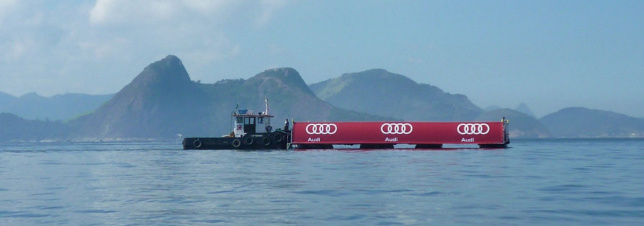

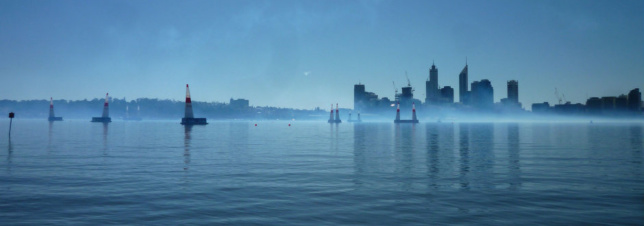
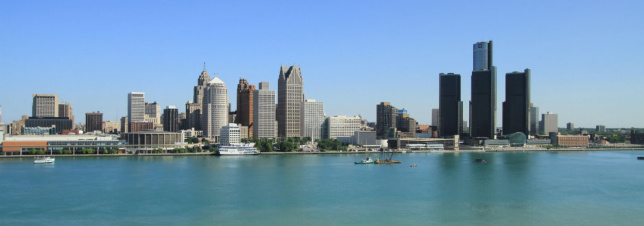
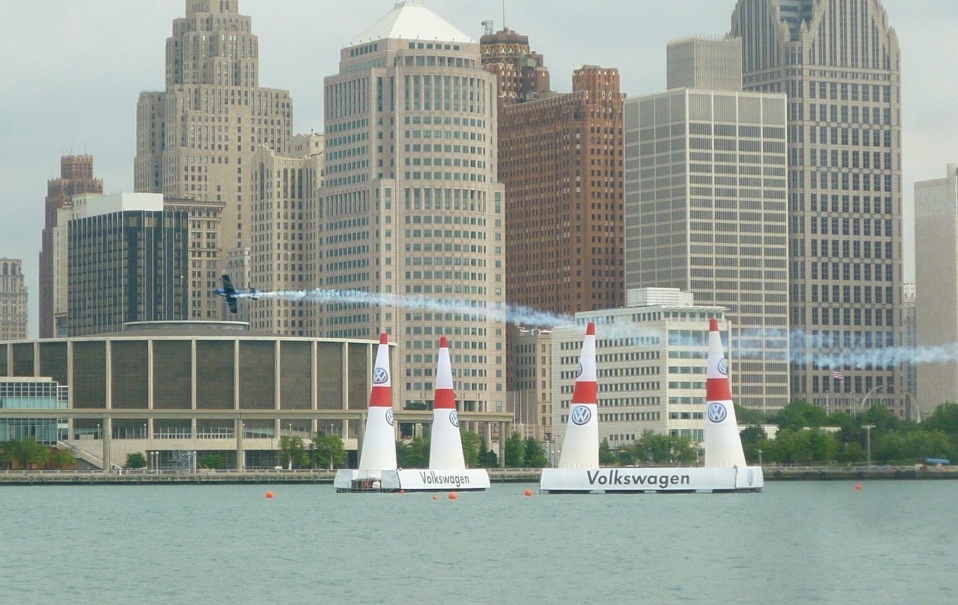
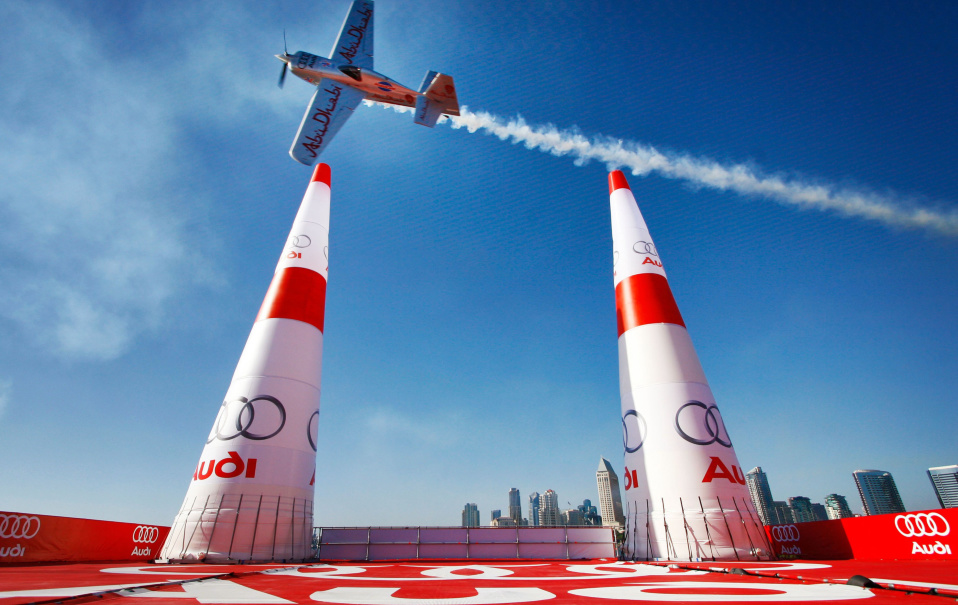
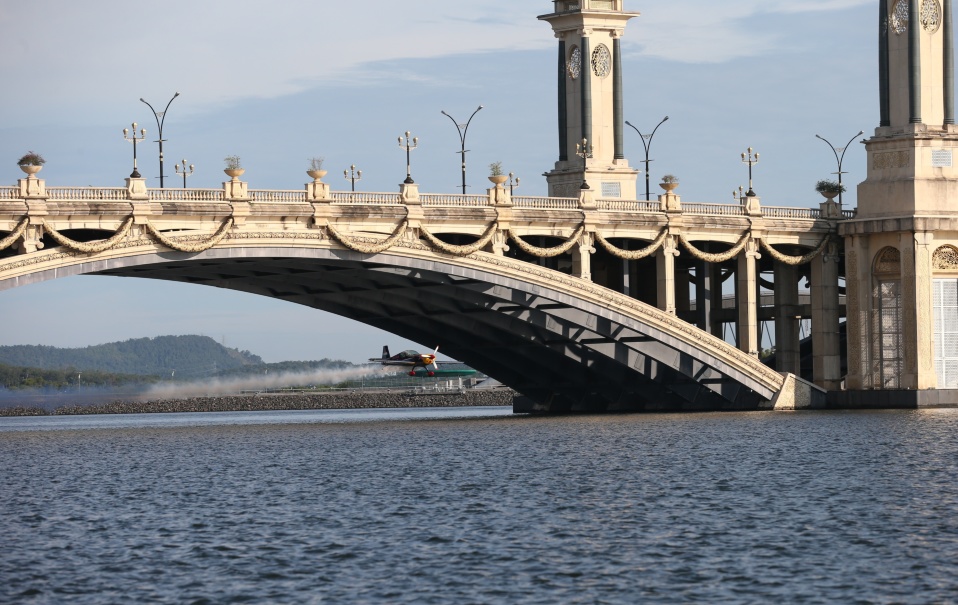

.jpg)
.jpg)
.jpg)
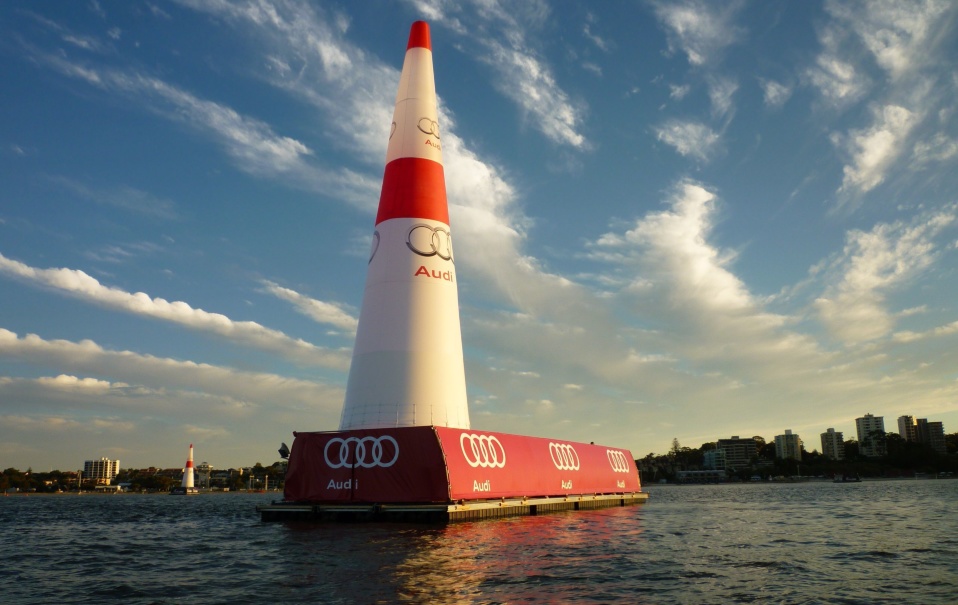
.jpg)
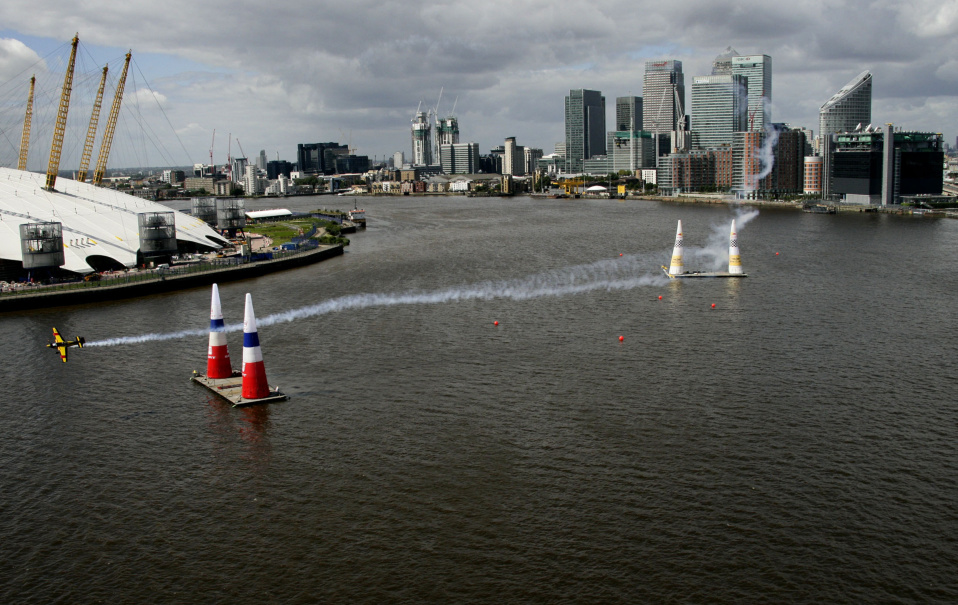
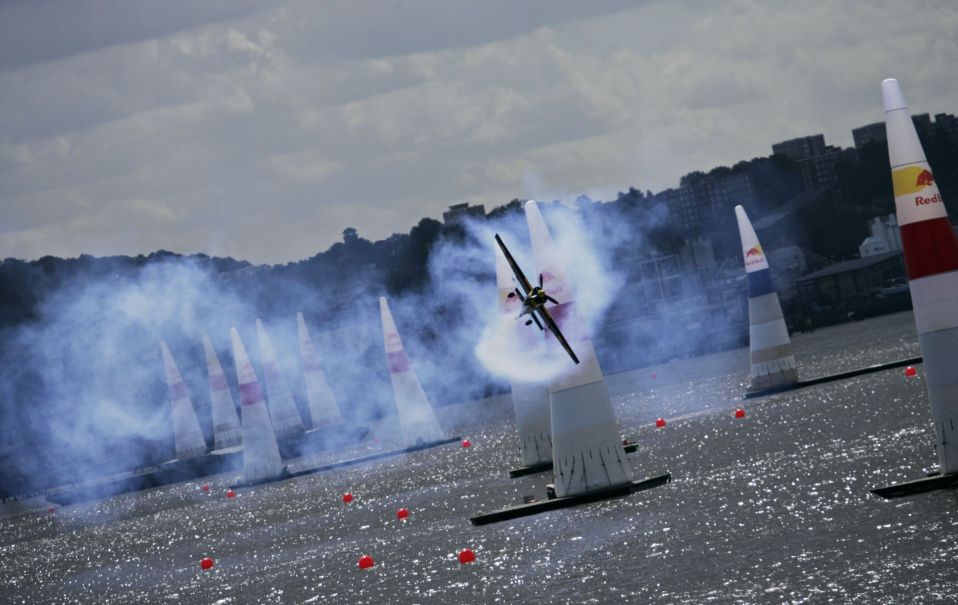




.jpg)
.jpg)
.jpg)

.jpg)

